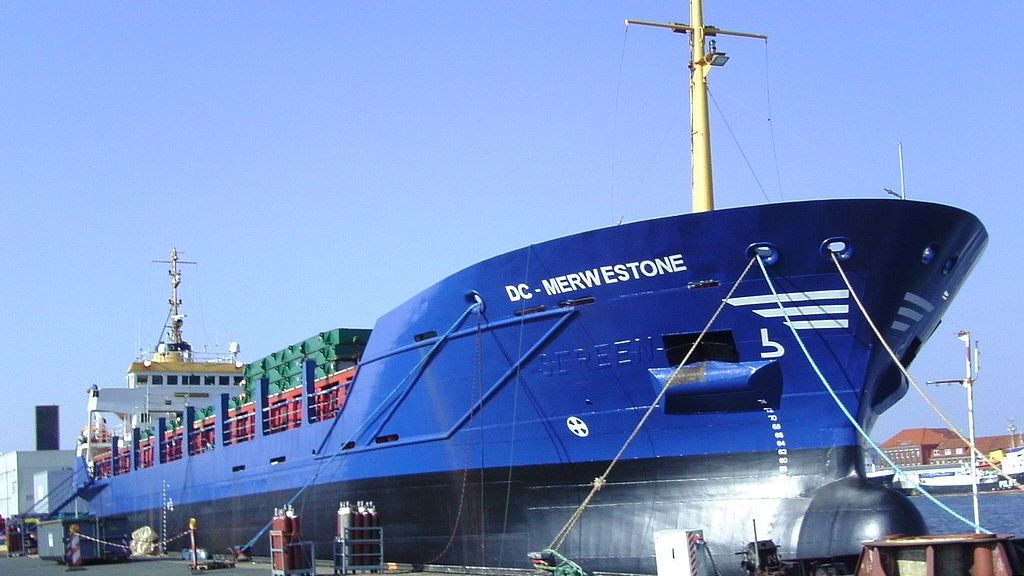UK Court Allows "Collateral Lies" in Casualty Claims

The UK's Supreme Court has ruled that British maritime insurers cannot use a false statement by the policy-holder as a reason to deny payment on a claim – so long as the false statement is a "collateral lie," a falsehood that has no bearing on the claim’s value.
The ruling stems from an admiralty case, but it is expected to extend to claims in all areas of the UK insurance industry.
Observers say that the court decision goes against a longstanding principle of insurance law – that any false statement or "fraudulent device" made in a claim may be used to invalidate that claim, even if it doesn't directly relate to whether the insurer is liable for the damages.
"The critical point is that, in the case of a collateral lie . . . the insured is trying to obtain no more than the law regards as his entitlement and the lie is irrelevant to the existence or amount of that entitlement," wrote Lord Clarke. "Such a lie is thus immaterial to the claim . . . the lie is dishonest but the claim is not."
The sweeping decision was issued in an appeal regarding a claim by the owners of the cargo vessel DC Merwestone for the total loss of the ship's main engine, and it reverses an earlier appeals court ruling in the case.
The manner of the casualty was unusual. On the morning of January 27, 2010, the vessel departed Klaipeda, Lithuania, on a voyage to Bilbao. The crew had started an emergency fire pump located in her bowthruster compartment in order to blast ice off of hatch covers with a fire hose; when finished, they failed to drain the pump, and it froze, cracking its casing. The bowthruster compartment flooded through the cracks, sending seawater through unsealed cable penetrations in the ship's duct keel tunnel – which ran all the way back to the engine room. The engine room’s bilge pumps were not able to keep up with the flooding. The vessel lost propulsion, and a tug brought the Merwestone into a port of refuge, where inspectors found damage to the engine room totalling to over $3 million.
"The insurers were understandably sceptical about how the flooding could have resulted from a relatively small leak in the bowthruster room," the court wrote, so "they made specific written inquiries about a number of matters relating to this and to seaworthiness." A company director for the shipowner responded in writing that the bilge alarm had sounded at 1200 hours on January 28 – when in fact it had not sounded until much later, at 2100 hours.
Ultimately, the time of the alarm had no bearing on the facts of the claim, the court found, leaving the question of whether such a misrepresentation makes the entire claim fraudulent. Writing for the majority, Lord Clarke found that treating such a collateral lie in the same manner as a fully fraudulent claim "is not based on sound authority and would result in a remedy disproportionate to the breach of duty involved."
In a statement issued after the ruling, the Association of British Insurers warned that the decision could have an impact on the market, and that insurers would continue to scrutinize any potentially false statement.
"Lies are lies. Insurers will investigate all suspicious claims and we make no apology for doing so as it keeps premiums down for honest customers," said James Dalton, the ABI's director of general insurance policy. “Allowing ‘collateral lies’ in the course of an insurance claim flies in the face of the work the insurance industry and government have been doing to crackdown on the cheats and fraudsters. This decision risks pushing up the cost of insurance and prolonging the payout process for the vast majority of people who are honest customers."
